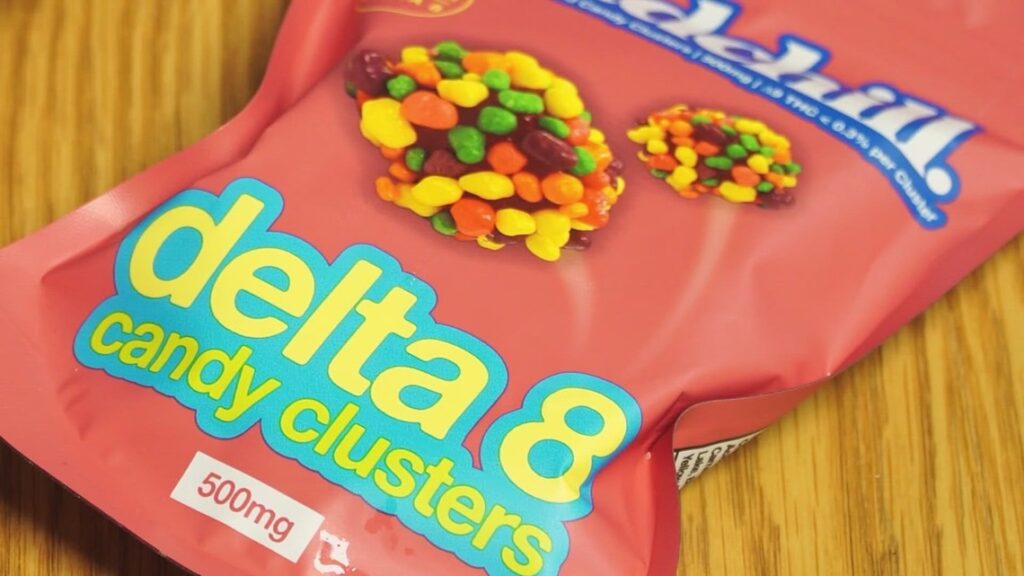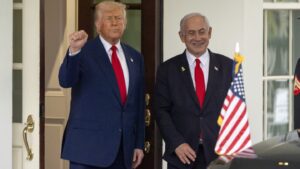
In a late-night decision that has stirred political tensions in Texas, Governor Greg Abbott vetoed a proposed state ban on THC products on Sunday, opting instead to call a special legislative session to establish stricter regulations. The move was a direct blow to Lt. Governor Dan Patrick, who had championed the ban as one of his top legislative priorities over his 17-year career.
The veto came just minutes before the deadline, effectively keeping the Texas hemp industry alive while redirecting the focus towards regulation. Senate Bill 3, which sought to outlaw consumable hemp products containing any THC, including delta-8 and delta-9, was at the center of the controversy. Abbott’s decision was influenced by bipartisan political pressure, including from conservative activists typically aligned with Patrick.
Abbott’s Regulatory Vision
Governor Abbott, who had remained silent on the issue throughout the legislative session, articulated his vision for a regulatory framework that would protect public safety and align with federal law. “Texas must enact a regulatory framework that protects public safety, aligns with federal law, has a fully funded enforcement structure and can take effect without delay,” Abbott stated.
He argued that Senate Bill 3 was likely to face constitutional challenges and could lead to a conflict between federal and state laws, given that the 2018 federal Farm Bill legalized hemp products. “Allowing Senate Bill 3 to become law — knowing that it faces a lengthy battle that will render it dead on arrival in court — would hinder rather than help us solve the public safety issues this bill seeks to contain,” Abbott explained.
Political Fallout and Reactions
The veto has put Abbott at odds with Patrick, who expressed his frustration on social media, accusing the governor of abandoning law enforcement and families affected by high-potency THC products. “Throughout the legislative session, @GregAbbott_TX remained totally silent on Senate Bill 3, the bill that would have banned dangerous THC products in Texas,” Patrick tweeted. He emphasized the emotional testimonies of those who had suffered losses due to THC products.
Supporters of the ban, including Patrick, argued that it was necessary to protect young people from high-THC products, which he described as a “poison in our public.” The measure had become a focal point for Patrick, who conducted amateur investigations into cannabis stores to highlight what he saw as dangerous practices.
Historical Context and Industry Impact
The controversy over THC regulation in Texas has roots in a 2019 legislative decision that inadvertently opened the door to a surge in hemp-based products. The law was intended to boost Texas agriculture by authorizing the sale of consumable hemp but did not set THC thresholds for derivatives other than delta-9. This loophole led to an explosion of over 8,000 retailers selling THC-laced products across the state.
Since then, the hemp industry has grown significantly, contributing approximately 50,000 jobs and generating $8 billion in tax revenue annually, according to estimates.
The hemp industry, along with veterans and farmers, had advocated for regulation over a ban, citing the benefits of consumable hemp products in managing chronic pain and other conditions. The Texas Hemp Business Council praised Abbott’s decision, stating, “Governor Abbott showed real leadership today. Texas is stronger for it.”
Looking Ahead: The Special Session
Abbott’s call for a special session, set to begin on July 21, places consumable hemp regulation at the forefront of the agenda. He has proposed a regulatory approach akin to alcohol regulation, which could include prohibiting sales to minors, requiring product testing, allowing local bans, and increasing law enforcement funding.
Meanwhile, the Legislature has also expanded the state’s medical marijuana program, increasing the types of products available, the number of dispensaries, and the qualifying health conditions, while reducing some regulatory burdens.
The governor’s veto and subsequent call for regulation have intensified a debate that cuts across political lines, with opposition to the ban coming from diverse quarters. The hemp industry launched a vigorous campaign against SB 3, arguing that it prioritized politics over practical policy. This placed Patrick in an unusual position, facing criticism from conservative activists who typically support him.
As Texas lawmakers prepare for the special session, the outcome remains uncertain. The debate over THC regulation is set to continue, with significant implications for the state’s legal landscape and its burgeoning hemp industry.





